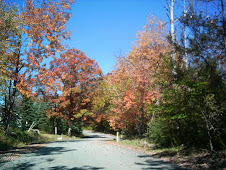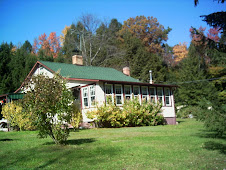
Many writers draw inspiration from other authors' work -- then shape it into something truly novel. In the last year of his life, Raymond Carver stopped writing the vivid short stories for which he was best known and spent his final months writing poems that incorporated themes from Chekhov stories.
The method Carver used to do this writing was something he worked out with Tess Gallagher, his poet wife. She would get up in the morning and read a Chekhov story, then retell the story to Carver at breakfast. In the afternoon, Carver would read the story for himself and, later that evening, they'd discuss it together.
Over the course of several months, they discovered what Gallagher called "the poet in Chekhov" -- though Chekhov, too, had earned his fame as a master story writer. Carver would mark up the passages in Chekhov that appealed to his writing impulses, then start to compose around them. This elliptical process helped Carver to write poems that, in Gallagher's words, "allowed distinctions between genres to dissolve without violence or a feeling of trespass." After all this work, Carver's final book, "A New Path to the Waterfall", reads almost like a how-to manual for literary evolution. Makes me want to write a really good .... mess of words.







No comments:
Post a Comment